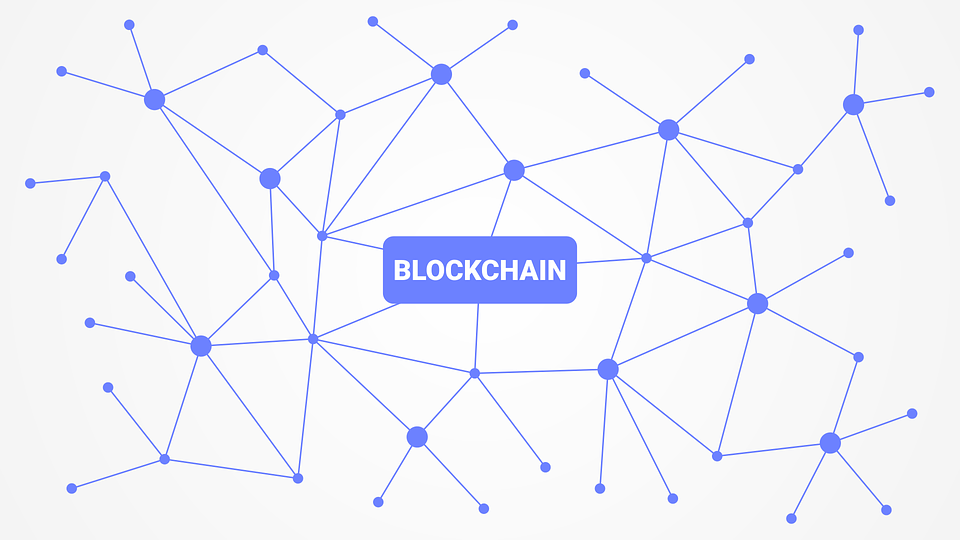In Latin America, lack of confidence in financial institutions has long hampered financial inclusion, political participation and startups.
On this side of the world, the challenges that are being worked on are impressive. The ongoing digital transformation of the region, the rapid changes that keep entrepreneurs in the region in the global market and a remarkable improvement in the lives of citizens.
However, there is still a long way to go. It is estimated that there are 400 million unbanked or underbanked people in America. For this region of the world, which has a population of more than 650 million inhabitants, technologies such as blockchain could help a lot to build a faith in financial institutions.
Although many focus on understanding how blockchain and fintech will impact the larger economies, Latin American countries today are adopting blockchain, leading the way for this market.
A market for blockchain in Latin America
Talos Digital, a company with offices in Latin America, and its CEO Amyn Gillani, rely on a high impact of blockchain in this region. Amyn Gillani, CEO of Talos Digital. According to the company’s Blockchain strategist, Dave Mejia, “Blockchain can and will be used to help the Colombian economy.”
In Latin America, the region’s unstable currencies have for years forced citizens to find new ways to protect their savings from rising prices. In addition, about 70 percent of the population of the region still has no access to banking services or have very limited access.
Fintech solutions based on blockchain can offer alternatives to this population and could boost a market of consumers in development, creating greater social action for people in this region of the world.
Although banks have traditionally been reluctant to provide blockchain-based and low-income fintech services, fintech chains can provide these people with a digital identity for use in banking.
Latin American governments embrace blockchain
Multiple governments in Latin America have been experimenting with applications based on blockchain. In addition to Venezuela’s cryptocurrency, the Petro, the government of Mexico announced plans to carry out the first public procurement procedure in a blockchain-based network.
For its part, the government of Colombia is looking to experiment with blockchain technologies with the hope of improving security and preventing fraud. In terms of its future use in Colombia, Mejía said there are many possibilities for it to be used.
The new president Iván Duque has been optimistic about the possible use of blockchain technology in the Colombian economy, discussing it on some occasions in his campaign. Now it is just a question of how it is implemented in the fight against corruption or disaster prevention.
“It’s great that Colombian president Duque is really aware of the idea. And yes, blockchain is ideal to illuminate a system if it is implemented correctly. ”
“With blockchain, you could see all the registered actors and then … everyone can see who is getting what, so it would be very difficult to cheat”, explains Dave Mejia, “the tide is low and you know who is swimming naked”.
In Argentina, blockchain ecosystems are emerging, with founders seeking to transform financial exchanges. RSK Labs, for example, has partnered with the University of Buenos Aires (UBA) to offer a blockchain curriculum.
Several nations of Latin America, then, pretend to be pioneers in this blockchain market. As Latin America competes to obtain the benefits of a hyperconnected world, the enthusiasm of these emerging Latin economies is due to the possibilities that blockchain opens up.

